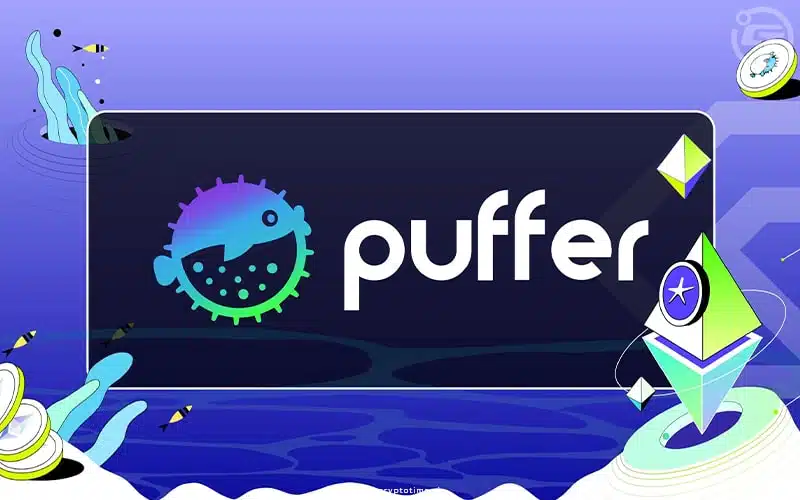The Role of Smart Contracts in Puffer Finance
Introduction
Puffer Finance, like many decentralized finance (DeFi) platforms, relies heavily on smart contracts to automate and execute various functions. In this comprehensive overview, we’ll delve into the role of smart contracts in Puffer Finance, exploring their functionalities, benefits, and potential risks.
What are Smart Contracts?
Smart contracts are self-executing contracts with predefined rules and conditions encoded onto a blockchain. They facilitate and enforce the terms of an agreement without the need for intermediaries, thereby streamlining processes and reducing costs.
In the context of Puffer Finance, smart contracts govern a wide range of operations, including token swaps, lending and borrowing, liquidity provision, and yield farming. These contracts ensure trustless interactions among users while minimizing counterparty risk.
Functionalities of Smart Contracts in Puffer Finance
Smart contracts in Puffer Finance offer several key functionalities:
- Automated Transactions: Smart contracts enable automatic execution of transactions based on predefined conditions, eliminating the need for manual intervention.
- Decentralized Exchange (DEX) Functionality: Through smart contracts, Puffer Finance facilitates peer-to-peer token swaps on decentralized exchanges, allowing users to trade assets without intermediaries.
- Lending and Borrowing: Smart contracts power lending and borrowing protocols, enabling users to borrow assets by collateralizing their holdings and earn interest by lending out their funds.
- Liquidity Provision: Liquidity pools powered by smart contracts enable users to provide liquidity to decentralized exchanges and earn fees in return.
- Yield Farming: Smart contracts govern yield farming protocols, incentivizing users to provide liquidity or stake assets in exchange for rewards.
Benefits of Smart Contracts
The utilization of smart contracts in Puffer Finance offers several benefits:
- Transparency: Smart contracts operate on public blockchains, providing transparent and auditable transactions for all participants.
- Security: Smart contracts are immutable and tamper-proof, reducing the risk of fraud or manipulation.
- Efficiency: Automation of processes through smart contracts streamlines operations, reducing time and costs associated with manual intervention.
- Trustless Interactions: Smart contracts enable trustless interactions among users, eliminating the need for intermediaries and reducing counterparty risk.
Potential Risks
While smart contracts offer numerous benefits, they also pose certain risks:
- Code Vulnerabilities: Smart contracts are susceptible to bugs or vulnerabilities in their code, which could be exploited by malicious actors.
- Immutable Nature: Once deployed, smart contracts cannot be modified, potentially leading to irreversible consequences in case of errors or unforeseen circumstances.
- Regulatory Uncertainty: The regulatory landscape surrounding smart contracts is still evolving, posing legal and compliance risks for DeFi platforms like Puffer Finance.
Conclusion
Smart contracts play a pivotal role in Puffer Finance, underpinning its decentralized infrastructure and enabling a wide range of financial activities. Despite their benefits, it’s crucial to acknowledge and mitigate the potential risks associated with smart contract usage. By harnessing the power of smart contracts responsibly, Puffer Finance can continue to innovate and drive the adoption of decentralized finance.

